A New Trend in Dental Aesthetics
The beauty industry has recently witnessed a surge in the popularity of a novel dental treatment: the teeth whitening mask. Promoted prominently by celebrities flashing their dazzling smiles, these whitening strips claim to deliver visibly whiter teeth in just seven days. They have captivated a significant audience with promises of an easy application and lasting results that purportedly endure for over six months. Yet, beneath the surface allure lies a complex reality.
The Cosmetic Facade
Amidst the vibrant aisles of a bustling supermarket, various brands of whitening strips proudly display their promises, touting glossy packaging and catchy slogans. A sales representative eagerly shares their soaring popularity, particularly among young women, including those grappling with the aftermath of tetracycline staining or persistent smokers. “Despite being priced at 168 yuan for 28 pieces, they are worth every penny!” she beams, gesturing to a model with a pristine smile gracing the advertisement.
However, Professor Shen Linde, Director of the Shanghai Center for Oral Disease Control, raises a crucial point. “Whitening strips only provide a superficial solution,” he cautions. While they may effectively brighten teeth on a temporary basis, they fail to address the underlying issues related to tooth discoloration and cleanliness. The allure of a bright smile does not equate to oral health.
Risks and Realities of Teeth Masks
Temporary Brightness, Lasting Concerns
The active ingredients in these whitening strips operate by bleaching the tooth surfaces, effectively lightening the shades of yellow or darkened enamel. Yet, this process is not without its risks. Shen points out that the bleaching agents can irritate the gingival tissues and the nerves, potentially leading to heightened sensitivity, discomfort, or even infection with frequent usage. The appeal of a quick cosmetic fix often masks the possibility of long-term damage to the enamel structure, rendering teeth more susceptible to decay and other complications.
Moreover, individuals with significant periodontal disease must address their oral health concerns before embarking on any whitening journey, as the intense sensitivity of their teeth and gums makes these treatments ill-advised. Adolescents and pregnant women are similarly cautioned, given their heightened susceptibility to the adverse effects of such products.
Consultation is Key
Guidance from Professionals
For those insistent on pursuing the whitening route, Professor Shen recommends seeking the counsel of a dental professional. “It is imperative to read the instructions carefully and understand the potential side effects before using these products,” he advises. Additionally, users should refrain from applying whitening strips immediately following brushing and limit usage to the prescribed duration of no more than seven consecutive days.
For effective whitening, experts recommend a visit to a reputable dental clinic. Shen highlights that professional cleanings—such as dental scaling—can effectively remove extrinsic stains caused by factors like tea or tobacco use. This method not only promotes oral hygiene by eliminating plaque and tartar but also addresses mild discoloration effectively.
For intrinsic discoloration, such as that caused by tetracycline, more extensive options like porcelain crowns or veneers may be preferred. This innovative technique allows for a “white coat” over the natural teeth, restoring their aesthetic appeal, though it demands the utmost skill and precision from dental practitioners.

Core Guidelines for Dental Health
Beyond Whitening: A Holistic Approach
Regardless of the whitening method chosen, it is essential to prioritize overall oral health. Experts urge individuals to maintain good dental habits, such as:
- Avoiding Stain-Causing Substances: Steering clear of smoking and limiting intake of coffee, tea, and cola beverages helps prevent surface staining on teeth.
- Practicing Good Hygiene: Rinsing the mouth after meals can eliminate bacteria and pigments that cling to teeth, while brushing at least twice a day is fundamental.
- Utilizing Dental Floss: This practice not only supports oral health but also contributes to a brighter smile.
- Annual Dental Check-Ups: Regular visits to a dental clinic for professional cleanings can mitigate the buildup of plaque and tartar, ensuring optimal dental health.
In conclusion, while the allure of instant teeth whitening is enticing, it must be approached with caution and informed understanding. The journey to a bright, healthy smile is best navigated under the guidance of qualified dental professionals, who can recommend tailored solutions for each unique dental situation.











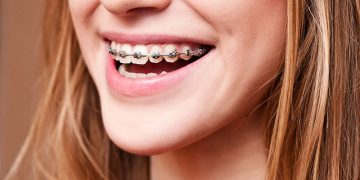
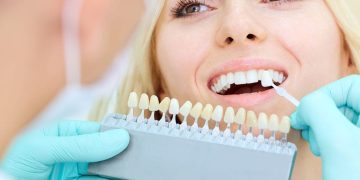












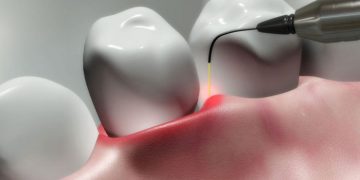




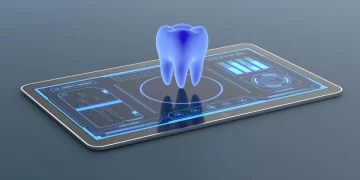
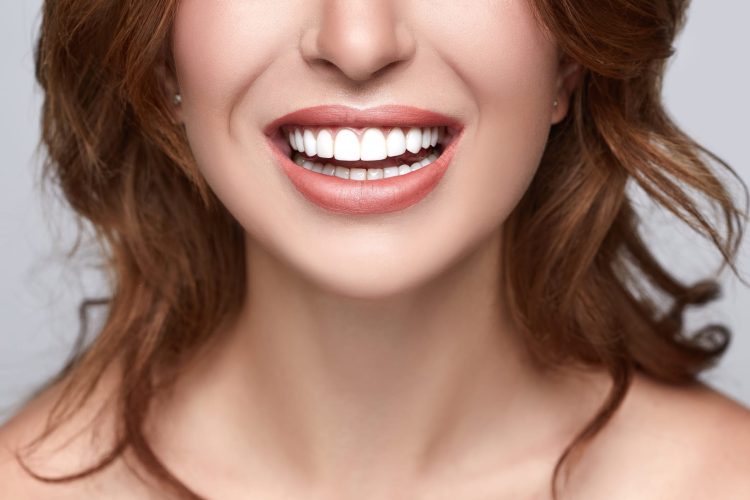













Discussion about this post